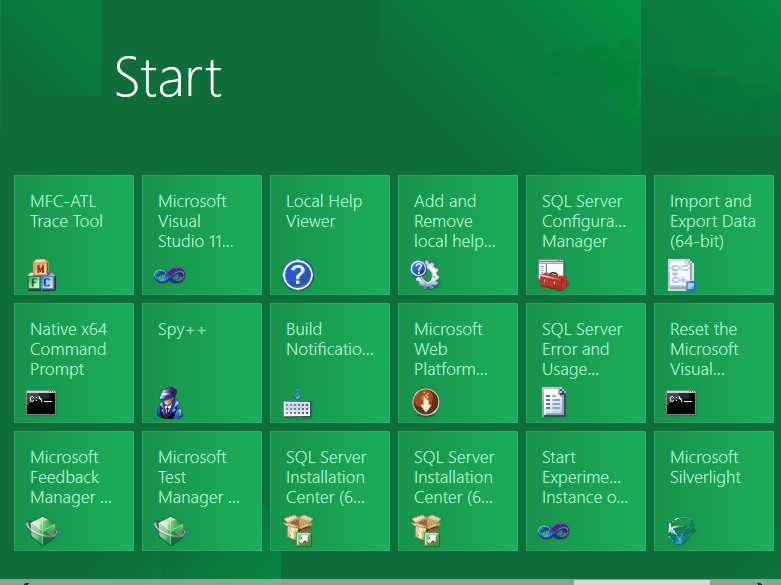| Windows 8 Not a Beta but a Consumer Preview |
| Written by Ian Elliot | |||
| Thursday, 26 January 2012 | |||
|
The official line at CES was that the "consumer preview" of Windows 8 would be available "in late February". So what has happened to the beta? And what does this mean for developers? Whatever happened to the software release lifecycle? It used to be so easy - first there was alpha, then a beta and then a release candidate. OK, occasionally the process became confused by the issue of a pre-alpha, but that was more or less it. Then along came community previews and other things that were difficult to place in any sort of development cycle. Now Windows 8 appears to be breaking with tradition yet again and the reasons are, what else, commercial. Now the life cycle is renamed just to put a spin on what is going on. You may have downloaded the Developer Preview of Windows 8 and concluded that this is just a name for a late alpha or at best an early beta. It is not so much that there are lots of bugs, there are quite a few, but there are a lot of missing features. Any software that is incomplete can't really be a true beta, but you can argue the point.
Now a number of sources are reporting the words used at CES to describe the forthcoming Windows 8 "beta": “We haven’t talked about the release date and we generally don’t. We are talking milestone to milestone, so for us right now we’re talking about the next milestone being the consumer preview happening in late February.” Notice the use of the term "consumer preview". So it isn't a beta but something that is good enough for end-users to play with. It makes it sound as if the code is much closer to being finished and a release candidate than the term "beta" would. So now, according to Microsoft, the release lifecycle goes:
This has more to do with spin than anything else and it damages the communication between Microsoft and its developer community. What are we to expect of a Consumer Preview? Is it a buggy beta, feature complete or an almost ready to go code base? Are we to treat it with care, look out for another major release, expect changes, or what? There are some real advantages in sticking to old fashioned well understood jargon.
Comments
or email your comment to: comments@i-programmer.info
To be informed about new articles on I Programmer, subscribe to the RSS feed, follow us on Google+, Twitter, Linkedin or Facebook or sign up for our weekly newsletter.
|
|||
| Last Updated ( Thursday, 26 January 2012 ) |



